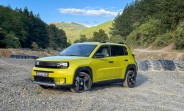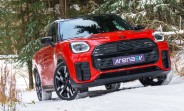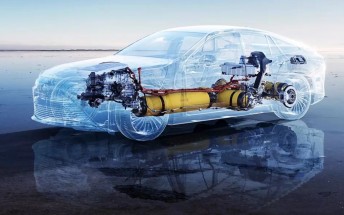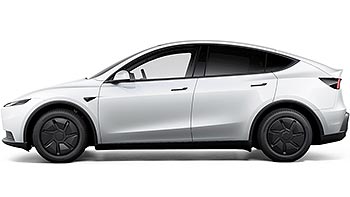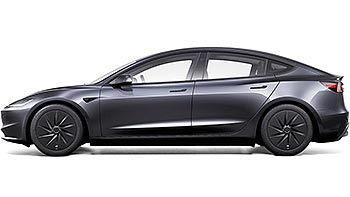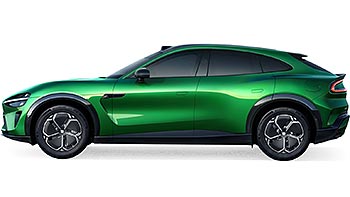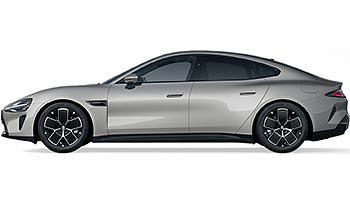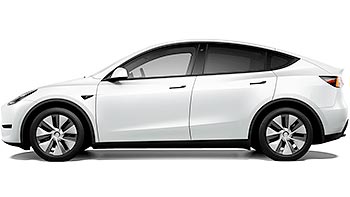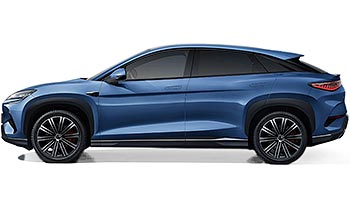Ford alters EV strategy: more focus on hybrids, 3-row electric SUV is dead

In a move that caught many by surprise, Ford, America's second-largest electric vehicle manufacturer, is rethinking its electrification strategy. The company's bold EV plans are being tempered by the harsh realities of profitability, customer preferences, and the ever-evolving EV market.
Having poured billions into developing electric models like the F-150 Lightning and Mustang Mach-E, the models didn't prove as profitable as hoped. Coupled with a challenging EV market, increased interest in hybrid vehicles, and fierce competition from both established automakers (and apparently from Chinese manufacturers), Ford has decided to change its course.

The company has canceled plans for a three-row electric SUV, choosing to focus on hybrid models instead. Ford also confirmed that its much-anticipated "Skunkworks" electric truck will be a midsize offering, not a compact one as many had predicted. The midsize electric truck is expected to hit the market in the second half of 2027, yet another significant delay from its original production timeline.
The company will also not launch any new electric vehicles unless they can turn a profit within the first 12 months of sales. This decision, along with other changes in its strategy, is expected to cost Ford an additional $1.9 billion.

Ford's Chief Financial Officer, John Lawler, champions the company's renewed focus on customer needs and market trends. "It's coming back to understanding the customer, understanding how this is going to transition over time," Lawler said. "It's about providing them with choices that meet their duty cycles and their needs, and that is giving them the options between full battery electric vehicles and hybrid technologies."
While Ford's EV plans are being trimmed, the automaker remains committed to electrification as a means to reduce CO2 emissions. The company is set to launch multiple electric vehicles in Europe this year and is adjusting its North American roadmap to provide a broader range of electrified options, including lower-priced models with extended range.

In addition to the midsize electric truck, Ford has announced plans for an all-new, fully electric commercial van slated for production in Ohio in 2026. This aligns with Ford's strategy to focus electrification efforts on segments where it holds a competitive advantage, such as commercial vans, midsize and large pickup trucks, and long-range SUVs.
The cancellation of the three-row electric SUV marks a $400 million loss in sunk costs for Ford. However, the company is confident that hybrid models will better meet customer demands and deliver profitability. Ford has also confirmed that its future Super Duty trucks will feature hybrid powertrains.
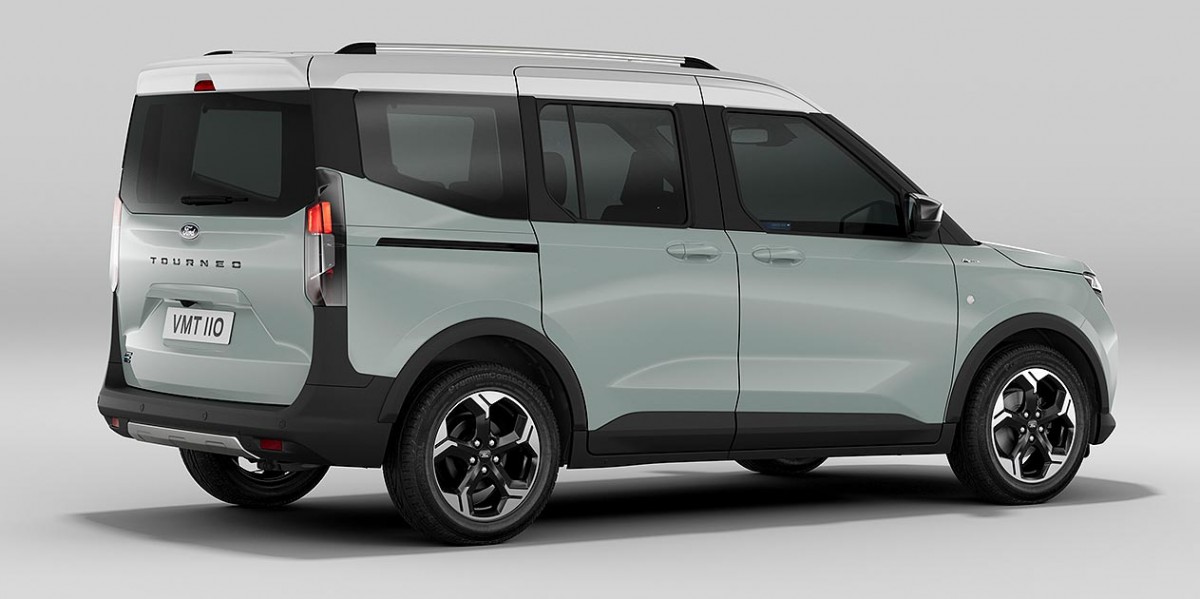
Ford's revised plan is heavily influenced by the current challenges of EV production, including high battery and capital costs. Despite increasing sales of the Lightning, Mach-E, and E-Transit, Ford's electric Model e division reported a $4.7 billion loss last year, and this year isn't looking any better.
While battery costs have declined, they remain a significant problem for many automakers. Ford CEO Jim Farley has been vocal about the need to shift towards smaller, more affordable EVs, acknowledging the difficulty of making large EVs profitable due to the high cost of batteries.
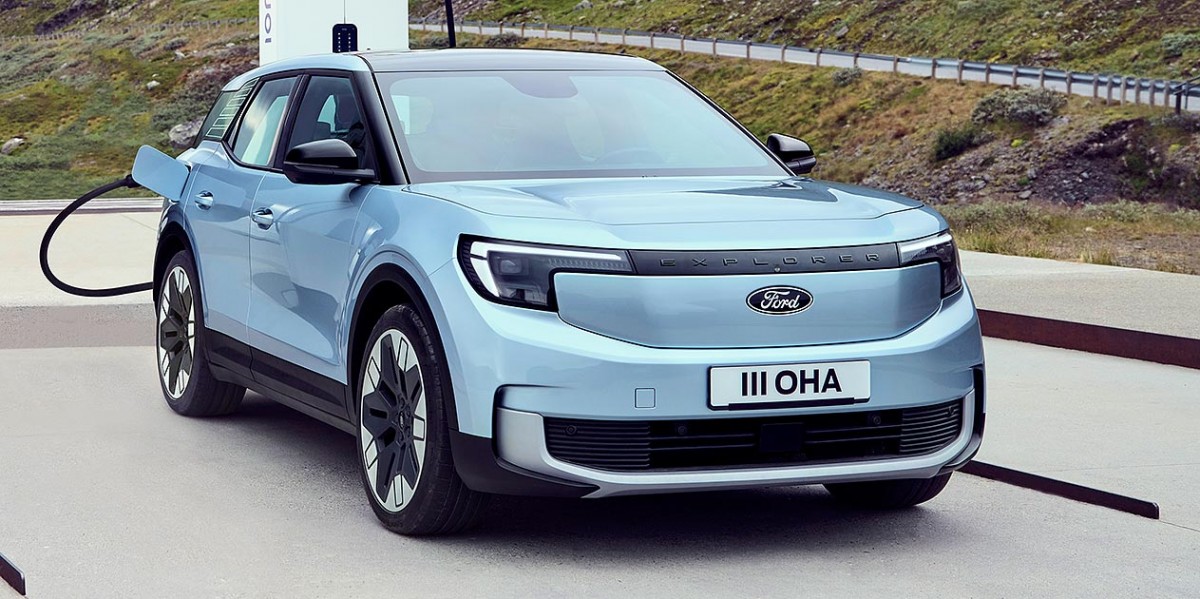
Ford is also taking steps to reduce battery costs and secure a reliable supply chain. The company, in partnership with LG Energy Solutions, aims to shift some Mustang Mach-E battery production from Poland to Michigan next year to qualify for Inflation Reduction Act incentives. Ford is also actively developing multiple hybrid technologies and exploring other powertrain options.
Ford's pragmatic approach to navigating the complexities of the EV market will disappoint many EV enthusiasts. Will the company's focus on profitability and customer demands prove to be a winning formula in the long run? As always, time will provide all the answers. While Ford is trying to spin this turnaround as a good thing, it's nothing but an admission of a costly failure. Trying to blame the low sales on a non-existing Chinese competition is probably the lowest point. Unless they meant Tesla.
Related
Reader comments
- Anonymous
Let's be honest, from US carmakers only Tesla is competitive. GM and Ford? I don't think so.
- 22 Aug 2024
- JE$
- p-run
They fear chinese competition yet they want to focus on hybrids. Its stupid idea, because chinese EREVs are far better than anything Ford could offer. So they need to invest billions anyway and face uncertenity...
- 22 Aug 2024
- MUY
- Anonymous
Revive the Crown Victoria as the i7 killer please
- 22 Aug 2024
- YUU



